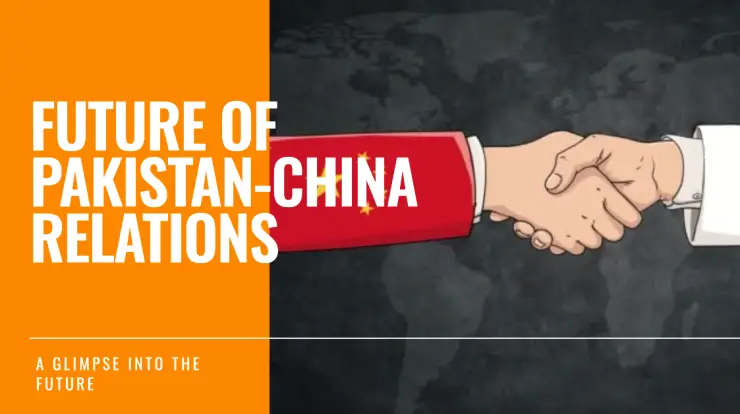
Introduction
2024 marks 70 years of diplomatic relations between the Islamic Republic of Pakistan and the People’s Republic of China. The two countries have enjoyed strong bilateral ties since establishing relations in 1954, anchored in mutual strategic interests and cultural affinity. As Pakistan-China relations enter their eighth decade, they face emerging challenges even as cooperation expands across a range of political, economic, and security spheres.
Key Highlights of Pakistan-China Relations
- All-weather strategic partnership: Pakistan and China describe their relationship as an “all-weather strategic partnership of cooperation”, emphasizing its enduring nature and strategic depth. Pakistan supported China diplomatically on Taiwan, Tibet, Xinjiang, and other sensitive issues.
- Defense and security cooperation: China has been Pakistan’s top arms supplier for decades. Both militaries conduct frequent joint exercises and drills. Counterterrorism cooperation has also grown.
- China-Pakistan Economic Corridor (CPEC): The $62 billion CPEC launched in 2015 is the flagship project of China’s Belt and Road Initiative. It is developing Pakistan’s infrastructure and boosting economic growth.
- Strong public perceptions: Surveys consistently show that the Chinese and Pakistani public hold strongly favorable views of each other’s country, at levels exceeding 85%.
New Challenges Facing Pakistan-China Relations
While the fundamentals remain robust, Pakistan-China relations face new stresses and tests:
Changing Regional Dynamics
- Rising India-US strategic ties to counter China’s ascendancy creates complications for Pakistan given its tensions with India.
- Transition of power in Afghanistan with the Taliban takeover has complex effects, as Pakistan seeks to secure Chinese interests after the US withdrawal.
Economic Frictions
- Worries within Pakistan about overdependence on China and criticism of the CPEC’s lack of transparency and debts owed to China.
- Concerns in China about CPEC project delays and profitability issues amid Pakistan’s political and economic instability.
Geopolitical Uncertainties
- Great power rivalry between China and a US-led coalition could exacerbate tensions along the disputed China-India border or the Taiwan Straits. Spillovers may create dilemmas for Pakistan given its partnerships with both China and the West.
Outlook for Pakistan-China Relations in 2024 and Beyond
Notwithstanding new challenges, the Pakistan-China strategic partnership appears poised to continue strengthening in defense, economic, diplomatic, and cultural links, though recalibrations may be necessary.
Broad Bilateral Consensus on Importance of Ties
- All major political parties in Pakistan back partnership with China as a cornerstone of foreign policy. Chinese leaders also prioritize relations with Pakistan in South Asia.
Deepening Military-Security Ties
- Expansion of defense tech transfers, joint manufacturing, counterterrorism cooperation, and intelligence sharing to deal with perceived threats.
More Transportation Connectivity
- Additional road, rail and port infrastructure to enhance regional connectivity. Gwadar Port central in both countries’ plans.
Increasing Cultural Exchanges
- Rising numbers of Pakistani students in China and Chinese tourism to Pakistan. Strong societal affinity buttresses governmental goodwill.
In a turbulent global landscape, Pakistan and China share mutual interests in further intertwining their strategic fate and economic future. Both states recognize the value of stable ties despite external turbulence. Managing friction points in their multidimensional relationship will shape its long-run trajectory.
Conclusion
Pakistan-China ties constitute a rare durability in international relations with much celebrating recent milestones. The substance behind the effusive rhetoric will be tested as new uncertainties buffet regional dynamics surrounding both nations. Adaptability and creativity on areas of tension can help sustain the trajectory of growth in defense, economic, and cultural spheres. If leaders in Islamabad and Beijing show foresight in addressing domestic skepticisms, their alliance could lead the way towards a multipolar Asian order where sovereignty and territorial integrity receive utmost respect.
